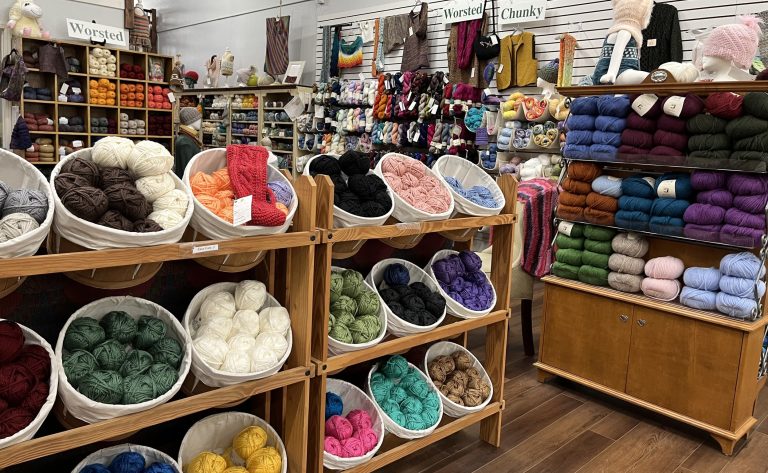
In sneaker culture, authenticity holds paramount importance. This is especially true for coveted models like the Jordan 4, where the allure of owning an authentic pair can drive enthusiasts to great lengths. However, the market is rife with counterfeit versions of these iconic sneakers, posing significant risks to both buyers and the jordan 4 fake sneaker community at large.
1. Quality Concerns
One of the most glaring risks associated with purchasing jordan 4 fakesneakers is the compromised quality. Counterfeit manufacturers often use inferior materials and substandard craftsmanship to mimic the appearance of the original product. This results in shoes that not only look different but also lack the comfort, durability, and performance features of authentic Jordans. Buyers may find themselves with shoes that quickly fall apart or cause discomfort, ultimately wasting their investment.
2. Financial Loss
Buying fake Jordan 4 sneakers can lead to substantial financial loss. Counterfeit sellers often offer these shoes at significantly lower prices than their authentic counterparts, which may initially seem like a bargain. However, the money spent on fake sneakers is effectively wasted, as these shoes hold little to no resale value and do not provide the satisfaction of owning genuine collectibles. Moreover, unknowingly purchasing counterfeits means missing out on potential future appreciation in value that authentic Jordans can accrue.
3. Ethical Implications
Supporting the counterfeit sneaker market also raises ethical concerns. These operations frequently involve copyright infringement, exploitation of cheap labor, and funding of illegal activities. By purchasing fake Jordan 4 sneakers, consumers inadvertently contribute to these unethical practices, perpetuating a cycle that harms both the sneaker industry and global trade standards.

4. Reputation Damage
For avid sneaker collectors and enthusiasts, reputation within the community is crucial. Owning counterfeit sneakers can tarnish one’s credibility and stand among peers who value authenticity and legitimacy. In a culture built on respect for originality and passion for sneaker history, being associated with fake products can undermine one’s integrity and diminish opportunities within the community.
5. Legal Risks
Purchasing counterfeit sneakers can expose buyers to legal risks. While enforcement varies by region, many countries have laws against the sale and purchase of counterfeit goods. Engaging in such transactions knowingly or unknowingly could result in legal consequences, including fines or even criminal charges in extreme cases.
From compromised quality and financial loss to ethical concerns and legal implications, the decision to opt for fake Jordans can have far-reaching consequences.





